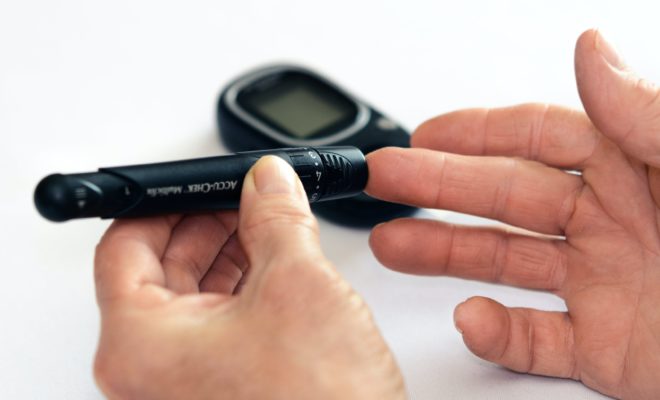Most Common Types of Cancer

Lung
Despite a steep drop in smoking rates, lung cancer is still the most common. The best thing you can do to prevent lung cancer is to quit smoking for good.
Breast
You’re significantly more likely to develop breast cancer if you’re female; less than 1 percent of new diagnoses of breast cancer are of men.
Colorectum
Your risk of developing colorectal cancer increases after you turn 50. If you experience recurrent and severe stomach pain, or see sudden changes in your bowel movements, visit your doctor.
Prostate
In certain cases of prostate cancer, the disease may not cause serious harm. Nevertheless, if you experience difficulty while urinating or spot even a drop of blood in your semen, it’s time to get it tested.
Stomach
Popularly known as gastric cancer, this disease can stay under the radar for years. But if there’s a sudden onset of severe indigestion, unexplainable nausea, or uncontainable heartburn, that may be a bad sign.
Liver
Liver cancer, though common, is more preventable than other types of cancer. Excess alcohol consumption is the major cause of this condition.
Cervix Uteri
Cervix uteri, or cervical, cancer can affect women as young as 14 years old. It is caused by, among other factors, four strains of the human papillomavirus (HPV). Get all three of your HPV vaccine shots and ensure that you get regular PAP smears.
Oesophagus
Amid smoking-related cancers, lung cancer is the most common. Esophagus cancer is a close second. Again, quit smoking.
Bladder
More men than women are diagnosed with bladder cancer. However, the condition affects people of all genders especially in middle-age and old adults, though. If you notice blood in your urine, it’s time to see a doctor.
Non-Hodgkin Lymphoma
Non-Hodgkin lymphoma occurs when cancerous cells attack your body’s lymphatic system, or the part of your immune system that helps fight infections. Some of the common symptoms are a persistent cough, regular stomach pain, rapid weight fluctuation.
Leukemia
Leukemia, also known as blood cancer, happens to people of all ages; indeed, though highly unusual, people can even be born with it. It’s treatable and even curable with aggressive treatment. Since leukemia can take on many different forms such as acute or chronic, myelogenous or lymphocytic; it’s tough to diagnose it. Usually, an initial blood test can indicate whether you have it or not.




